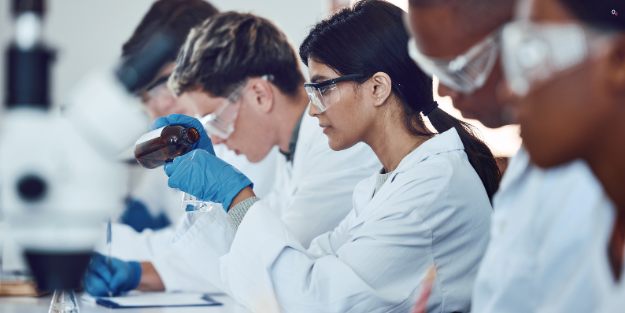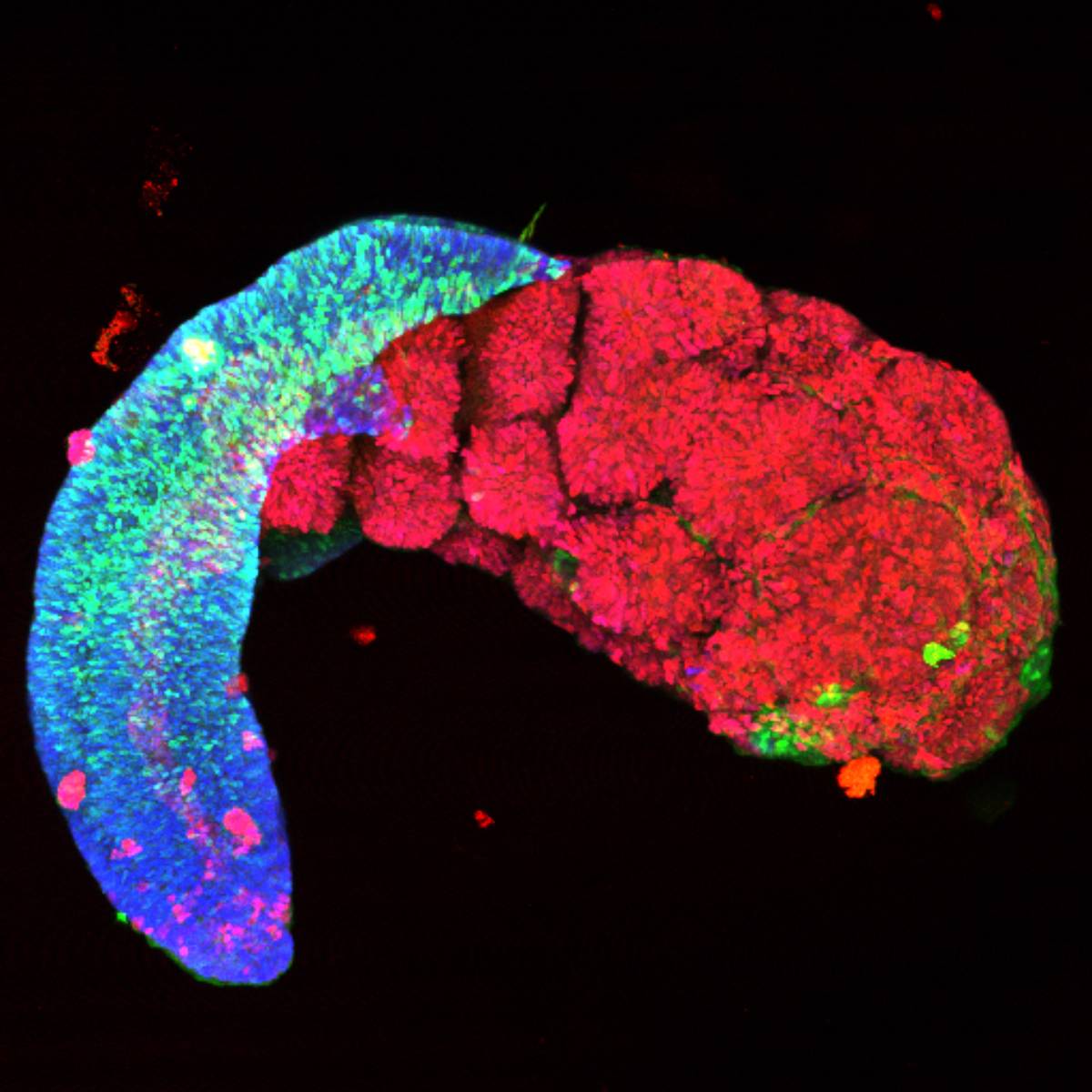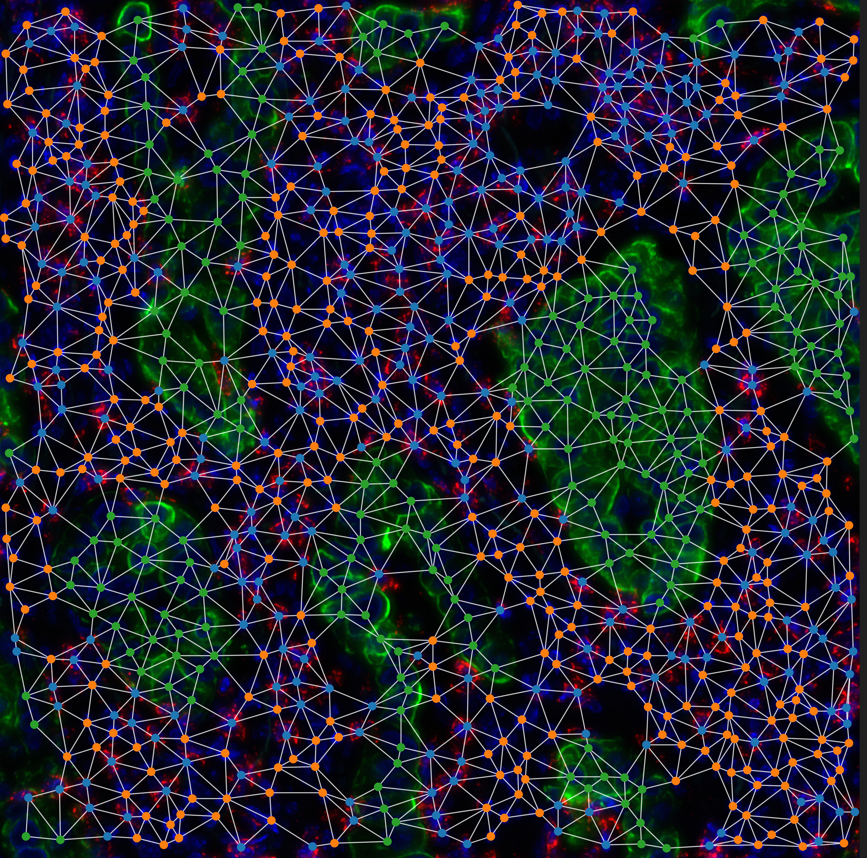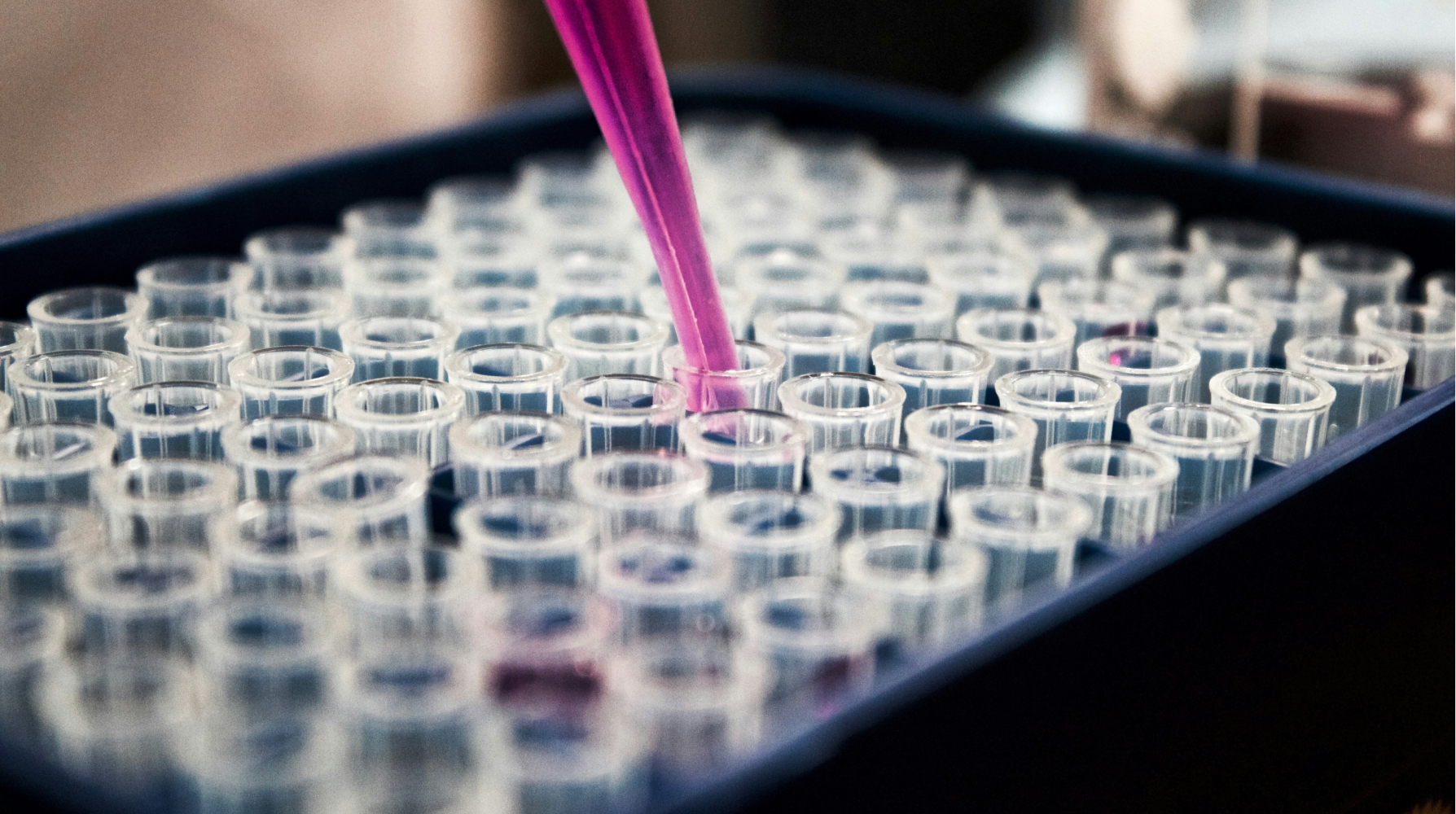
CELL NEXT
Challenge: Training and career development & innovation
Overview
Customized training and career program, combining teaching and research in molecular, cellular and epigenetic innovation applied to cancers.
Geneviève Almouzni, head of the Nuclear Dynamics research unit (UMR3664) at the Institut Curie.
Thomas Walter, head of the Statistical Machine Learning and Modelling of Biological Systems team in the Computational Oncology unit (U1331) at the Institut Curie.
Sophie Jarriault, head of the Developmental Biology and Stem Cells Department at the IGBMC.
Jonathan Weitzman, head of the “Plasticity of Cellular Phenotypes” team at the Epigenetics & Cell Fate Joint Research Unit (UMR7216) at the Université Paris Cité
Cell Next, an initiative of the Cell-ID program, is distinguished by its ambition to train researchers and clinicians capable of adopting an integrative and collaborative research model. Faced with complex scientific challenges, such as the generation of high-resolution molecular data and its integration into sophisticated biological systems, the project relies on interdisciplinarity. In addition, Cell Next responds to a growing demand for more responsible research approaches that are aware of societal issues.

Key objectives
- Training interconnected researchers: Encouraging collaborative skills with an emphasis on understanding the role of each individual in integrated projects.
- Promote continuous learning: Develop innovative training programs that go beyond the simple awarding of degrees, promoting a culture of lifelong learning.
- Strengthen global skills: In addition to technical expertise, training will include cross-disciplinary skills such as putting fundamental discoveries into perspective in a clinical or societal context and developing a vision oriented towards concrete impacts.
Key actions
- Formation of interdisciplinary cohorts: Cell Next will recruit two cohorts of PhD students, for a total of 15 students, carefully selected for their skills and potential in interdisciplinary contexts. These cohorts will function as collaborative teams, participating in activities such as monthly “Interdisciplinary Brainstorming Challenges” and annual retreats. These opportunities for exchange will help to build a strong network between the partner laboratories, encourage collective approaches and strengthen the ambitions of the projects. The cohorts will benefit from structured mentoring with supervisors with complementary expertise, while actively participating in the training of early-career researchers.
- Organization of scientific “bootcamps”: These traveling retreats, organized at different Cell-ID sites, will provide an opportunity for doctoral students to present their projects, interact with their peers and supervisors, and discuss the scientific, clinical or societal implications of their work.
- Additional recruitment: To expand the cohorts, the project plans to recruit 12 master’s students through M-Fellowships, attracting international talent to excellent training programs in France. In addition, 15 three-year postdoctoral fellowships (PD-Fellowships) will be offered to support interdisciplinary projects, attract international researchers to France and promote national and international mobility.
Expected results
- Creating a community of collaborative researchers: The cohorts formed as part of the project will strengthen interdisciplinary interactions and promote a collective approach to solving complex problems.
- Promoting scientific excellence in France: By attracting international talent and increasing the mobility of researchers, Cell Next will help to limit the brain drain and position French research as a leader in interdisciplinarity.
- Preparing a new generation of committed researchers: Program participants will be equipped not only with cutting-edge technical skills but also with a deep understanding of the societal implications of their work, equipping them to meet the challenges of modern medicine.
Les autres projets PEPR


